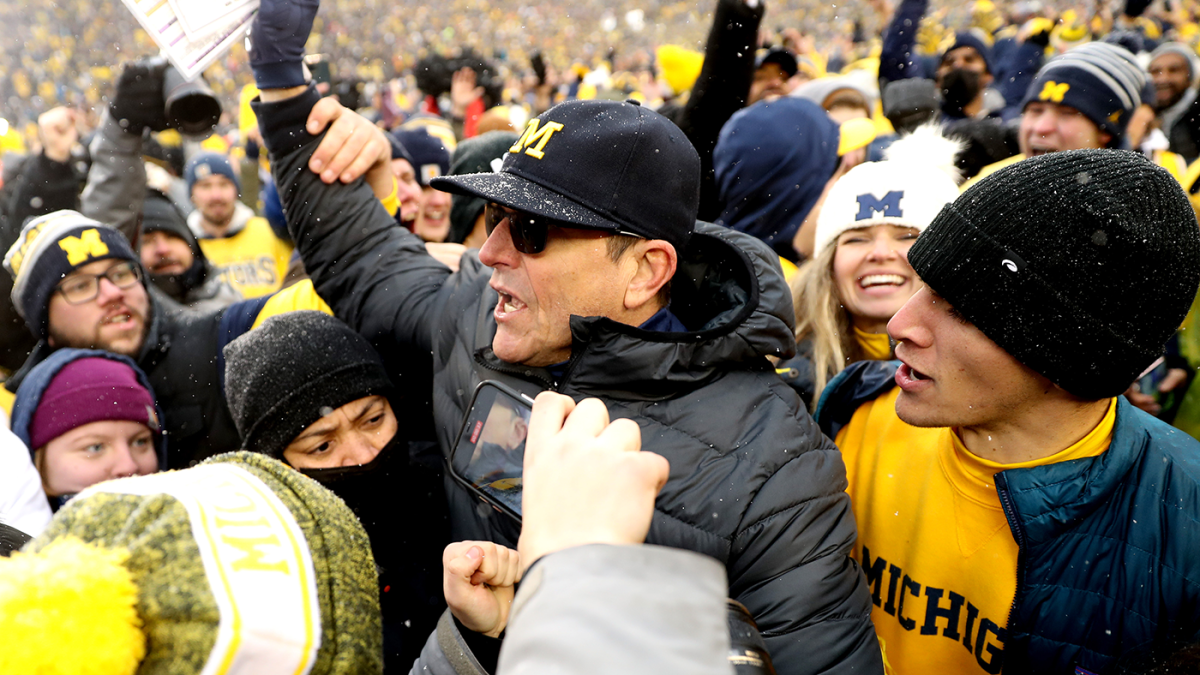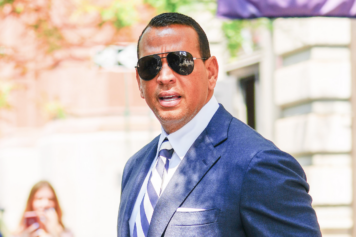Alex Rodriguez’s career hangs in limbo after Major League Baseball’s emphatic, but ambiguous, punishment of Ryan Braun. MLB did nothing to make clear what Braun did to earn his 65-game suspension, but reports indicate that there is less evidence implicating the 2011 National League MVP than there is against Rodriguez.
A-Rod stands vulnerable in a world where clean drug tests can’t save him, players have demonstrated an uncharacteristic willingness to break rank, and the notoriously intractable Major League Baseball Players Association is choosing its battles carefully with regards to performance-enhancing drugs. Rodriguez is negotiating for his future, and the best he can hope for is that things won’t be “too bad.”
He’s all alone with nothing but the $275 million contract that weighs him down as if he’s paid in pennies. Rodriguez, the man so robotically inoffensive that he came across as disingenuous, is respected by few.
He would have been better off being a jerk like Barry Bonds.
The world may see Bonds as a liar, but it’s hard to say he’s a conman. He was surly toward the media, and he was always defiant when anyone asked him to tell on himself. But never could you say he was disingenuous. He didn’t try to change our minds, and he never tried to summon tears to sell some ridiculous yarn about unwittingly getting illicit drugs from his cousin. He did what he did, told the lies one would reasonably expect, but he never pretended to be sorry.
And somehow, even after being blackballed – and that’s what it’s called when you can’t get a job after posting 1.045 OPS in your last season – Bonds can say he was never in a spot as miserable as where Rodriguez is today.
How lonely must Rodriguez be? He’s in love with baseball, a game that stopped reciprocating years ago. For all his accomplishments, tainted or otherwise, he has no place where he’s always welcome in the majors. Maybe he’d be embraced at the University of Miami, to which he has donated millions and where the baseball stadium is named after him, but he didn’t even attend the school.
If nothing else, Bonds will always have San Francisco. He was the party most responsible for keeping the Giants from moving to St. Petersburg in the early ’90s. Before the Giants won the 2010 World Series, Bonds got them closer to a championship than they’d been since moving to California. He was so good and profoundly appreciated in a way that made any allegations of drug use irrelevant. Barry Bonds belonged to San Francisco, and vice versa, because each knew the other made them better.
Rodriguez? His two former teams were immediately better without him. The Pirates haven’t finished over .500 since Bonds left after the 1992 season, but the Mariners set the all-time record for regular season wins as soon as A-Rod left. Freed from the weight of Rodriguez’s then-record 10-year, $252 million contract, the Rangers immediately won 89 games after averaging 72 wins in A-Rod’s three seasons in Texas.
Now, for the first time, Rodriguez is needed. The most storied franchise in baseball has its most anonymous lineup in at least 20 years; one so devoid of stars that they should consider putting names on the jerseys for the rest of the season. The Yankees have gotten the least production from third base on the big leagues, meaning even last year’s Rodriguez – with an OPS 158 points below his career average – would be the best thing to happen to their lineup all season. Last year, Ichiro Suzuki gave the Yankees a late-season push after looking washed up in Seattle. Why couldn’t A-Rod?
That possibility seems to be raised grudgingly, or not at all. After all his efforts to win the world’s affection, Rodriguez clearly isn’t wanted. He isn’t wanted by Major League Baseball, which once hoped like hell he would remove the stain of Bonds’ name from the home run record. It’s hard to say the Yankees want him when any sane observer can see how overpaid Rodriguez has become, and when Rodriguez has been the rare player who wants to play while his employers encourage him to sit (and try to find a way to avoid paying the rest of his contract). Fans? Recently, the most he’s done is remind the world why they love Derek Jeter so much.
After all his work to be liked, Rodriguez has gotten something worse than the opposite effect. He isn’t hated. He has 647 career home runs, but the affection of few, respect of fewer, and no place to call home. He’s ignored, relevant only as a customer at an athletic dopehouse. Bonds, the purported villain of the “steroid era,” has him beaten in every way.



